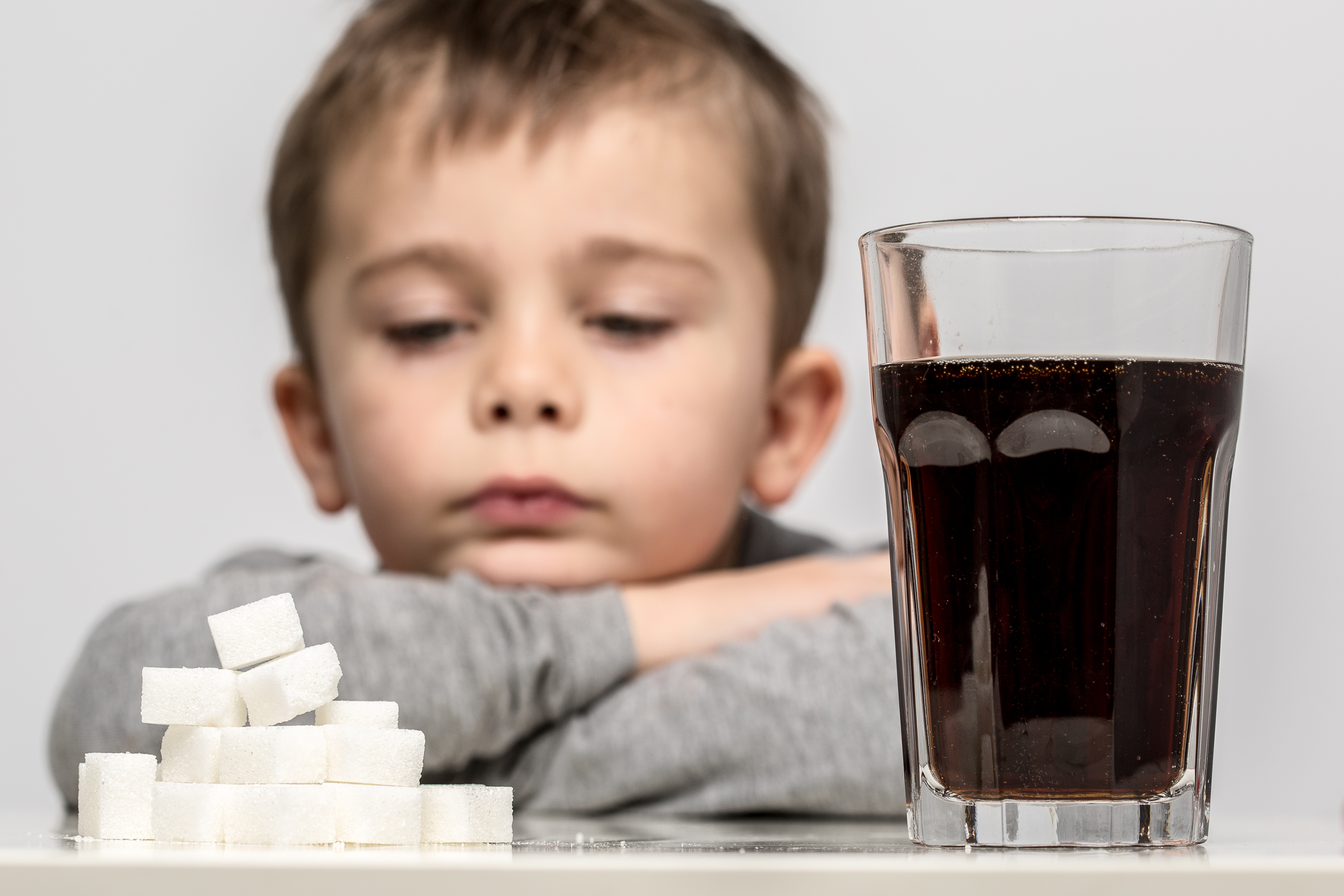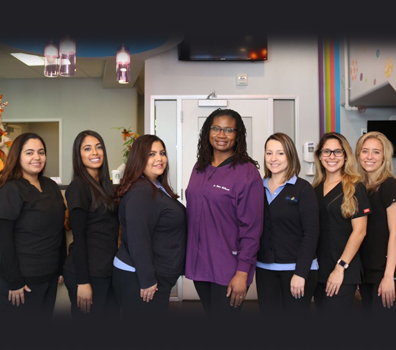Dental Health and Your Diet

Sugar is the main cause of dental decay when there are bacteria present. More significant than the amount of sugar you eat is the frequency of consumption.
Probably the worst thing you can do to your teeth is to drink a soda and have a sip every few minutes over a long period of time; the same is true for snacking. It is recommended that if you want to have a snack or soda or juice it is better to have it after food, as dessert, or have it in one sitting. Eating or drinking something sweet over an extended period of time creates a constant supply of sugar for bacteria that causes tooth decay!
It is important to be aware of all the sources of sugar that are out there. It is not just everything that is sweet, but anything that can turn to sugar like pieces of bread. Cutting down your sugar intake is good for cavity prevention, as well as your general health.
But what about when you have to have sugar? The best way to avoid cavities is to prevent the sugar from staying next to your teeth. Brushing after eating sugar, rinsing your mouth with Fluoride mouth wash, or chewing sugarless or Xylitol gum can help. However, nothing has the effect of avoiding sugar!
Is there any kind of food that prevents tooth decay? Well, not really. Foods high in fiber increases saliva which is the mouth’s natural defense against tooth decay. Saliva contains calcium and phosphates which can fight against sugars and bacteries. Even nutrionally healthy snacks must be monitored. Acidic foods, such as tomato, orange, lemon, and pineapple, if in frequent contact with the teeth, can cause serious irreversible damage (erosion) to your teeth. Some people believe chewing foods like apples and carrots may have some plaque removal effect, but they too contain some sugar so any advantage is not clear. Simply put, keeping an eye on how often a child eats is as important as what the child eats.
If you live in or around Jersey City don’t hesitate to call us with your oral health questions.






